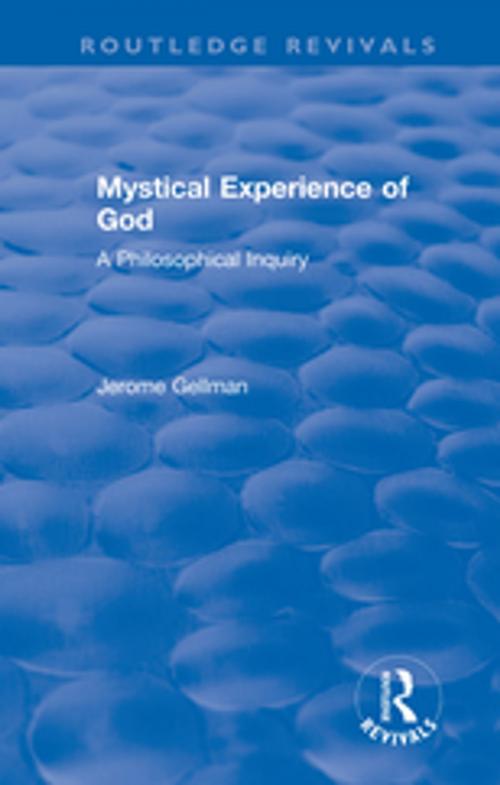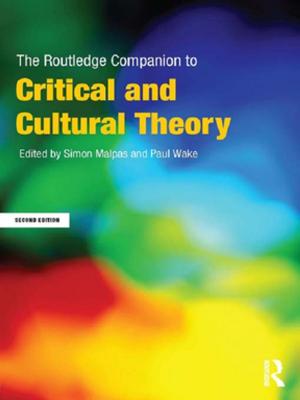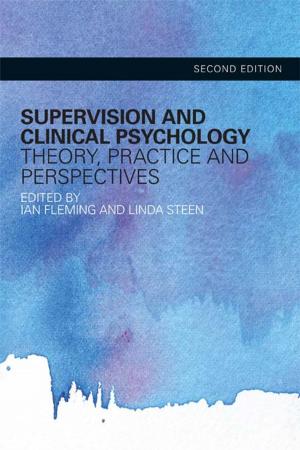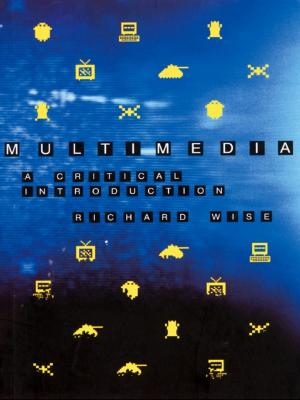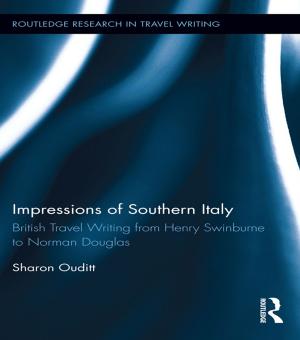| Author: | Jerome Gellman | ISBN: | 9781351786638 |
| Publisher: | Taylor and Francis | Publication: | November 1, 2017 |
| Imprint: | Routledge | Language: | English |
| Author: | Jerome Gellman |
| ISBN: | 9781351786638 |
| Publisher: | Taylor and Francis |
| Publication: | November 1, 2017 |
| Imprint: | Routledge |
| Language: | English |
This title was first published in 2001: Engaging contemporary discussion concerning the validity of mystical experiences of God, Jerome Gellman presents the best evidential case in favor of validity and its implications for belief in God. Gellman vigorously defends the coherence of the concept of a mystical experience of God against philosophical objections, and evaluates attempts to provide alternative explanations from sociology and neuropsychology. He then carefully examines feminist objections to male philosophers' treatments of mystical experience of God and to the traditional hierarchal concept of God. Gellman finds none of the objections decisive, and concludes that while the initial evidential case is not rationally compelling for some, it can be rationally compelling for others. Offering important new perspectives on the evidential value of experiences of God, and the concept of God more broadly, this book will appeal to a wide range of readers including those with an interest in philosophy of religion, religious studies, mysticism and epistemology.
This title was first published in 2001: Engaging contemporary discussion concerning the validity of mystical experiences of God, Jerome Gellman presents the best evidential case in favor of validity and its implications for belief in God. Gellman vigorously defends the coherence of the concept of a mystical experience of God against philosophical objections, and evaluates attempts to provide alternative explanations from sociology and neuropsychology. He then carefully examines feminist objections to male philosophers' treatments of mystical experience of God and to the traditional hierarchal concept of God. Gellman finds none of the objections decisive, and concludes that while the initial evidential case is not rationally compelling for some, it can be rationally compelling for others. Offering important new perspectives on the evidential value of experiences of God, and the concept of God more broadly, this book will appeal to a wide range of readers including those with an interest in philosophy of religion, religious studies, mysticism and epistemology.
